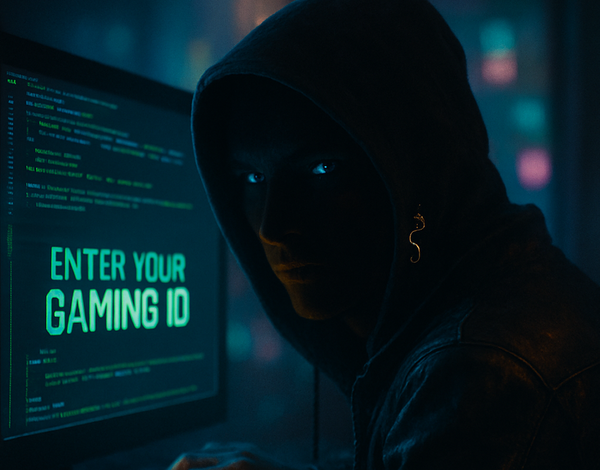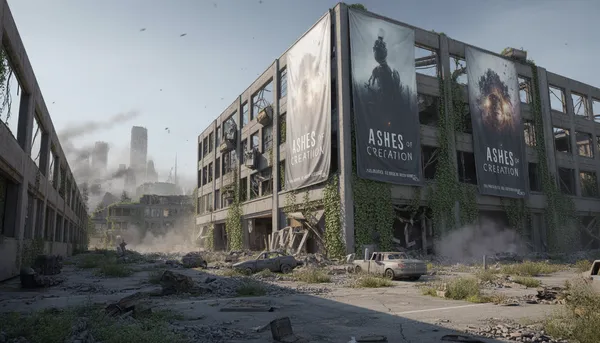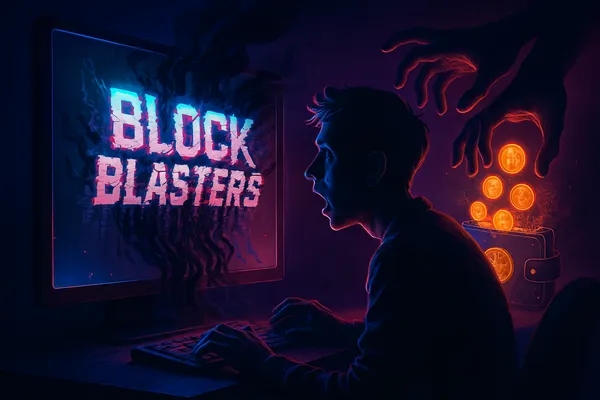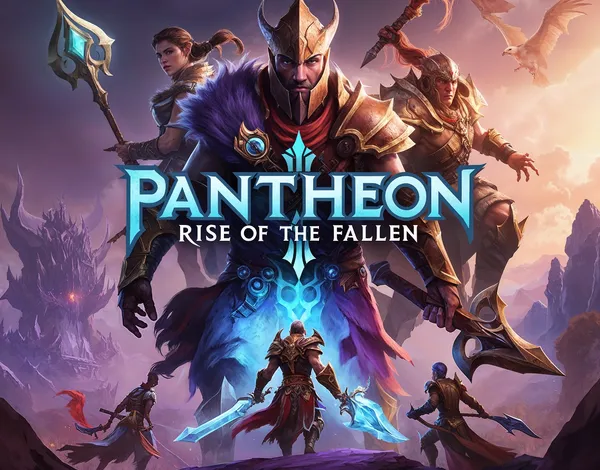Back in my earlier piece “PvP Skill is a Myth”, I argued that online competitive gaming has strayed far from its original promise of a true skill vs skill competition. From Cheats, hardware disparities, lag, and even performance enhancers have eroded the idea that skill exists online.
If that felt bold at the time, the recent Battlefield 6 cheating statistics make the point undeniable.
The Battlefield 6 Epidemic
In Battlefield 6’s open beta, EA’s transparency reports revealed staggering numbers. On day one alone, 44,000 players were banned for cheating.
By day two, the number had climbed past 60,000. Add in the 330,000 attempts blocked before cheaters even entered the game, and the math becomes brutal:
- 434,000 cheaters vs ~520,000 concurrent players → nearly half the player base.
- Across 5 million unique accounts, that still averages 10% of all players cheating.
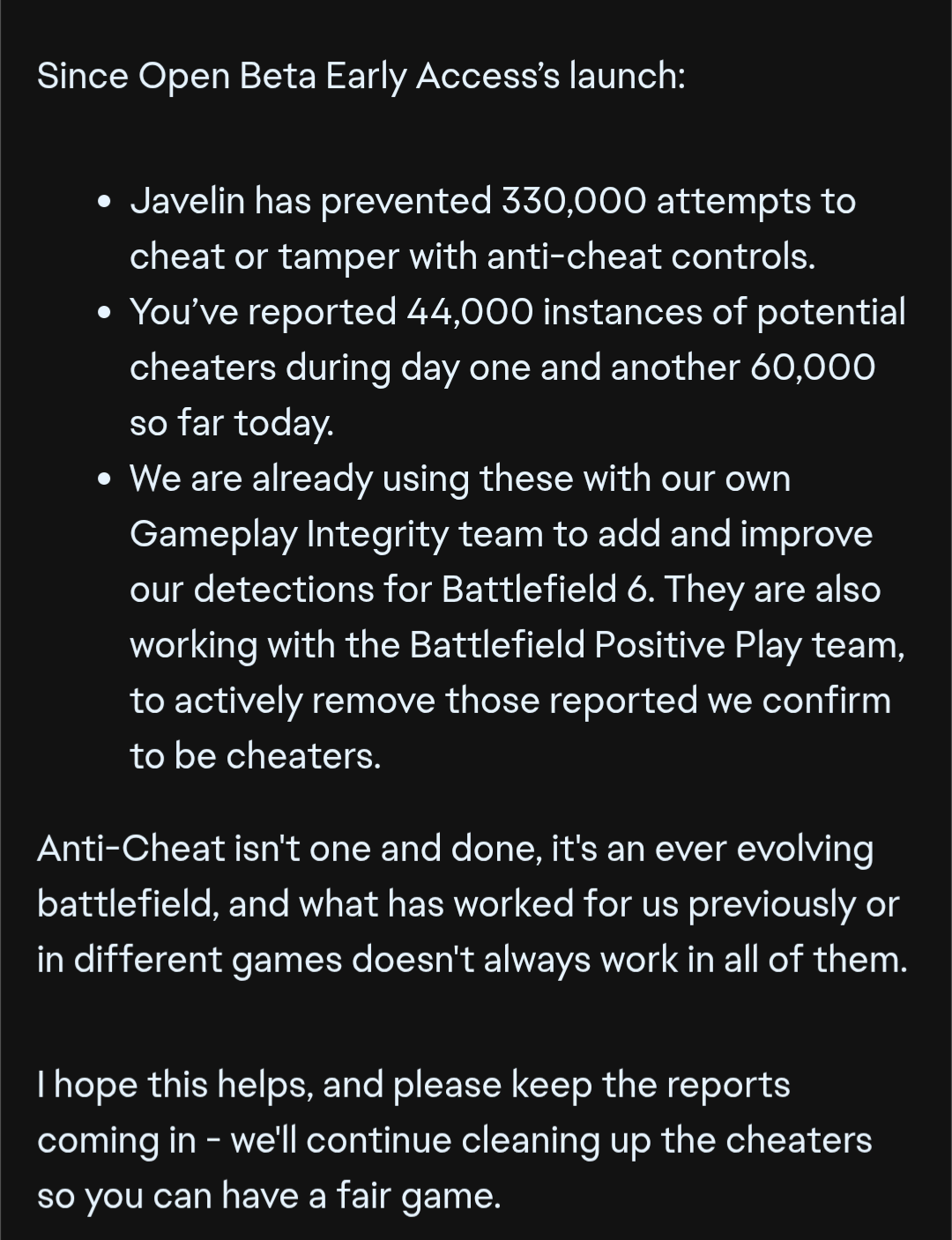
Think about that. In a typical 64 player match, there could be six cheaters, maybe more. If PvP was already shaky, this is the final nail.
Bans Don’t Work.. Currently
Current systems rely on account bans or, at best, hardware bans. But let’s be honest, neither is effective.
- Disposable accounts are cheap.
- VPNs and spoofers bypass hardware checks.
- And every new release brings a fresh market for hacks.
Cheaters simply recycle themselves into the ecosystem. The result is the same players ruining matches again and again, just behind a different name.
Enter the Gamer ID for Ranked Play.
The UK Online Safety Act recently pushed for stronger ID verification online, primarily to protect children so they say. But maybe it’s time we extend that principle into gaming, not for censorship, but for accountability.
Imagine an online Gamer ID system:
- Not tied to government IDs (like a driver’s license or passport), so no private data exposure.
- Provided instead by approved agencies or trusted companies, verified only for gaming or internet access.
- Unique to each individual, making it impossible to recycle accounts once banned.
With such a system, bans wouldn’t just hit a disposable accounts, they would follow the player across all platforms, all titles, and all devices. A true deterrent to not cheat.
The End of Anonymity?
Some will say anonymity is essential to online freedom. And yes, it once helped foster creativity, identity exploration, and community. But today? Anonymity too often shelters cheaters, trolls, and child predators.
Just as society learned to require licenses for driving or permits for broadcasting, maybe gaming now a global industry worth more than film and music combined has reached the stage where accountability must replace anonymity.
Cheaters causes real Losses
When players abandon PvP focused titles out of frustration, it doesn’t just hurt the community. It hits publishers and developers in the wallet. Every banned cheater might purchase another account, but every legitimate player who quits in disgust is a permanent loss, not just for that game but for games to come. Over time, that translates into millions in lost revenue from game sales, subscriptions, skins, and expansions. This isn’t far removed from the financial impact of corporate espionage.
Just as stealing trade secrets undermines a company’s competitiveness and profits, widespread cheating undermines a game studio’s ability to sustain its product.
The very act of bypassing a games encryption violates the The DMCA (Digital Millennium Copyright Act) violators could face up to five years imprisonment and fines of up to $250,000 dollars. Rarely do we hear of action being taken though.
Further still, I feel it's akin to a serious offense called espionage, both in the corporate world and in national security law. The Economic Espionage Act of 1996 (18 U.S.C. §§ 1831–1839), for example, makes the theft or misappropriation of trade secrets a federal crime because it damages not just one company but entire industries.
Shouldn’t game developers have similar protections? After all, when cheat developers inject unauthorized code, reverse engineer mechanics, or profit by destabilizing competitive play, they are effectively sabotaging a company's profits, and destroying a fan base. The damage to trust, community health, and long term revenue is no less real than the impact of espionage.
I myself lost confidence in online pvp back in the day around the late 90's due to all the cheating, and its only gotten worse. Why play ranked when it's become a joke, but At least back then you had to be a little tech savvy, now all you need is a credit card.
Cheat Developers
Punishing players only tackles one side of the problem. The real industry behind online cheating lies with the developers and sellers of cheating software.
Many cheating programs today are sold as professional services, complete with subscription plans, customer support, and regular updates to bypass anti cheat systems. (I wont name any here, I'm not going to advertise them.)
- Some cheat developers make millions annually by selling hacks for titles like Call of Duty or Counter Strike.
- Cheats are often distributed across global networks, from small underground groups to polished storefronts.
- Many operate openly, betting on weak enforcement and the anonymity of the internet.
If we're going to take cheating seriously, legal and financial pressure must target the source. Developers, publishers, and regulators should work together to:
- Criminalize cheat development and distribution.
- Seize profits from cheat software sellers, just as with piracy sites.
Pursue civil lawsuits, as some publishers like Riot and Activision have done in the past.
If nearly half of Battlefield 6’s beta player base can be caught cheating in a matter of days, then the current system is broken beyond repair. Anti cheat software fights the symptoms, but the disease is structural: no accountability in online gaming.
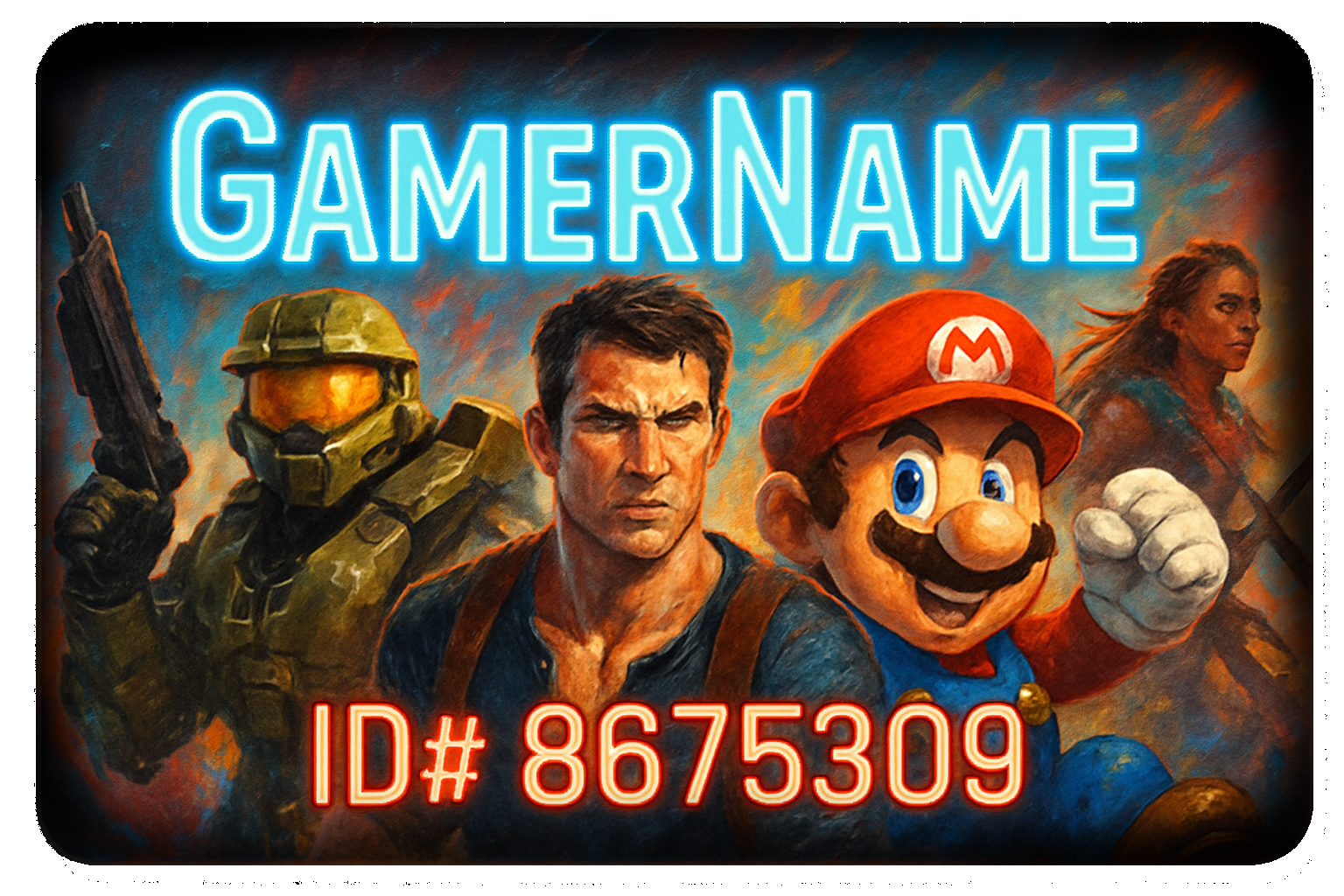
A Gamer ID system won’t be perfect, but it could be the first real step toward restoring fairness, protecting communities, and maybe just maybe giving PvP skill a fighting chance again.
Because right now, “It’s all skill, baby!” has never sounded more hollow.
